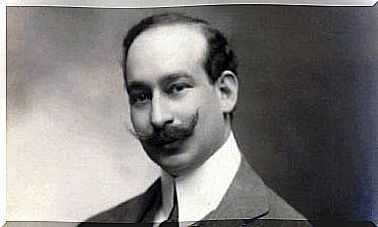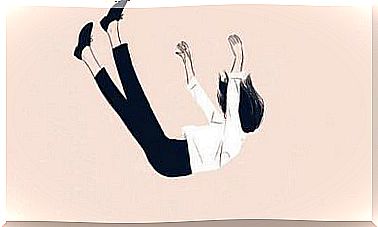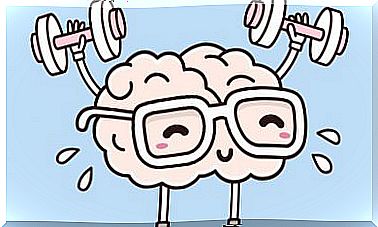Don’t Live To Work, Work To Live

There is a widespread myth according to which “working harder every day contributes to forging a better professional future”. It’s a myth because although eventually having long work hours can contribute to improving earnings, over time the only thing that excess work does is develop professional fatigue and lower performance on tasks.
Working hard is seen by many people as the path to success. In part they are right: there is little chance of actually succeeding if it is not through continuous effort. They are mistaken, however, that hard work is not necessarily “super-occupation”. In fact, overworking has been proven to lead to poorer outcomes.
The most serious thing is that many discover these great truths when it is too late. When they have already become ill from stress or any other mental pathology. This discovery also happens when people realize that, due to their degree of demand, they missed moments that they can no longer recover and which they would never have rationally renounced.
They face a divorce because of their spouse’s emotional estrangement, or they realize that their children are older and have never shared an afternoon of play with them. They wake up one day and, when they open their eyes, they are invaded by a deep sadness, a pain that, on the other hand, money or social recognition hardly consoles.
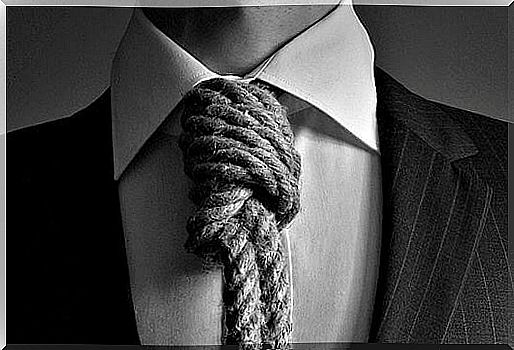
The Effects of Overworking
Almost everyone thinks they should work as hard as they can when they’re young, in order to secure a comfortable retirement. However, they soon realize that after eight hours a day devoted to an activity, the mind begins to wander and disperse. It takes a lot of work to concentrate on what you’re doing and sometimes get restful sleep as well.
Over time, these symptoms turn into general despondency. You feel sad all the time, with the anguish of trying to fully fulfill all your obligations and with the feeling of guilt for not getting everything to be perfect.
That’s when you become irritable. Everything, or almost everything, bothers. So you justify your bad mood by telling yourself and others that you are a serious person, that your goals are too high, and that you can’t spend the rest of your life smiling at everything. “That’s what idealistic losers are for , ” you add.

You feel that there will soon be time for your personal life. The opportunity is here and now and you cannot let it pass. Of course you have to make some sacrifices, but given your goals, it’s worth it. Without realizing it, you are becoming a cog in a production cog and are trading your health and happiness for money. Money that you think about taking advantage of when you no longer have the youth to do so.
don’t live just to work
According to research by Bannai and Tamakoshi, overwork is at the root of nearly all sleep problems and heart disease. It has also been found that those who work too much tend to become alcohol drinkers more easily, develop type 2 diabetes more often, and are at greater risk of suffering from Burnout Syndrome .
Overworking doesn’t do you any good, except some extra cash at the end of the month, which isn’t enough to pay for what you’re doing to your physical and emotional health anyway.

The only way out of this prison circle is the most obvious: work less. The limit of eight hours a day, five days a week is ok, although there are jobs that ask for a shorter shift. If the physical, mental or emotional strain is very high, it is worth considering 6 hours as the indicated limit.
Obviously, we know that this is not easy and that two major barriers can appear in the path of change. First: many bosses will not want the person to work less. And second, you need to persuade yourself that working less is not a sign of weakness but of intelligence.
You can get around the first problem by organizing your work in such a way that you can fulfill your day by dedicating the indicated number of hours to difficult jobs and leaving the others to simple activities. As for the second, it is entirely up to you.
Three keys to not overwork
To prevent work from becoming an endless activity that consumes the best moments of your life and spoils your health, these are three ideas you can apply:
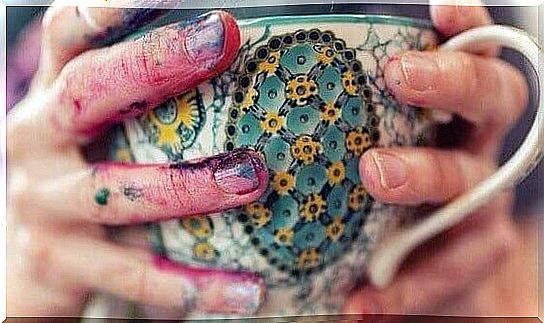
- It’s better to save more and work less. Most of the time, the more you earn, the more you spend. That’s why the money never catches up. If, on the contrary, you decide to encourage the habit of continuous and consistent savings, you may be surprised by the results. Maybe you need to learn to put off spending and plan your economy better.
- Listen to your body. No illness presents itself suddenly; it is being cooked little by little and throws several warnings before appearing. Don’t be insensitive to what your body tells you. Recognize signs of fatigue and pay attention to them.
- Recognize and accept your limits. Maturity begins when you are able to recognize the limits of reality, starting with your own limits. Maybe you want to triumph more than anyone else, but you can’t do it for your health and well-being. In fact, if you happily dedicate yourself to what you do, if you put a “so far” to your professional journey, you are more likely to achieve excellence in what you do. The money, even if it takes a little longer, will probably come later.


